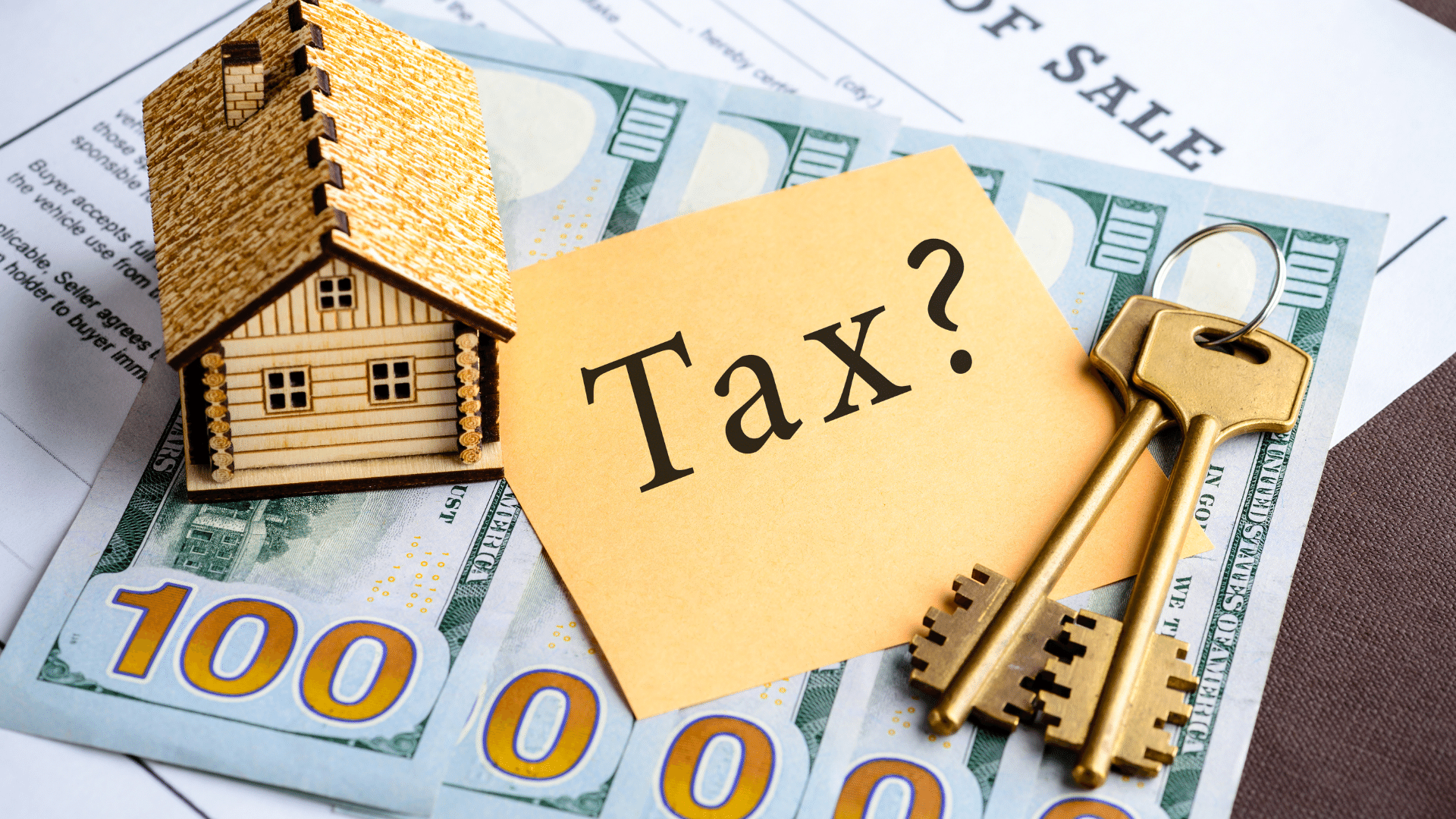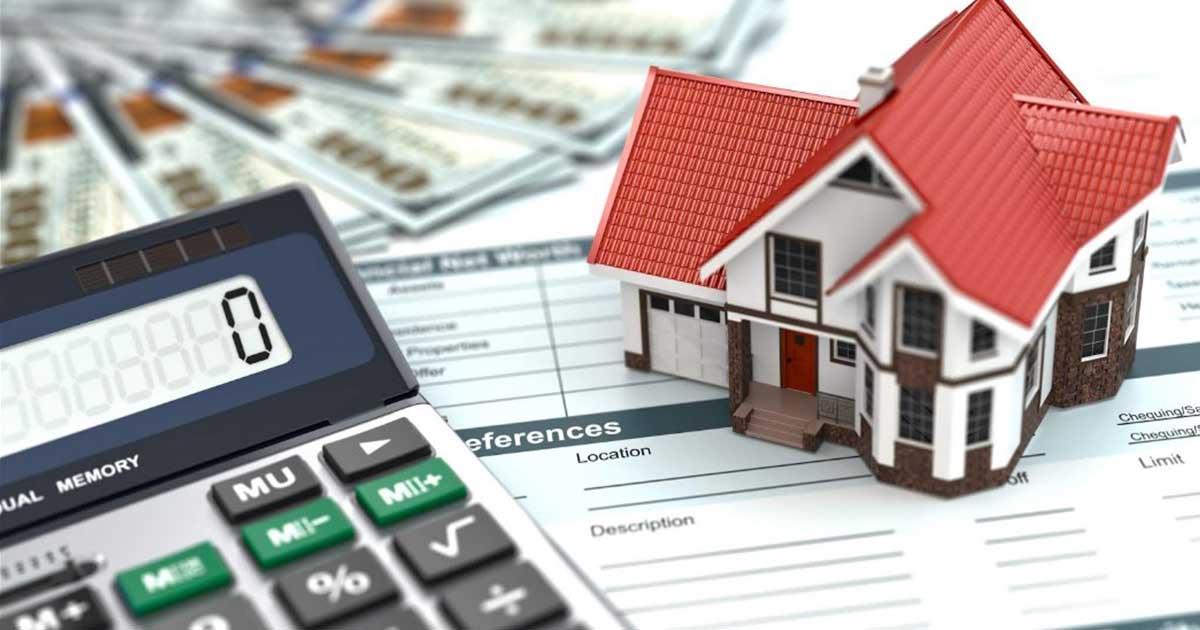Is Property Tax Deductible? Property tax is a tax that homeowners pay on their property. This fund’s local services like roads, schools, libraries, and police.
The good news is that property tax is deductible as a charitable contribution on your taxes. If you live in the United States, your property tax will be treated as a donation to a charity eligible for tax deductions.
It depends on your situation. If you are not in a high tax bracket, you may be able to deduct the full amount of the property tax. However, if you are in a higher tax bracket, you might only be able to remove the amount attributed to your residence.
It’s important to note that the IRS defines a personal residence as any dwelling a taxpayer uses as their principal residence.
Property tax can add up. When your property taxes are due, you have to pay them.
If you live in the US, you’ve likely got a property tax bill coming in the mail soon. If you own a home, chances are you’re paying a lot of money in property taxes.
It can be hard to understand why you’re being taxed on your property when you don’t live there. It’s not like you’re using the land or anything.
But that’s not the only reason you might be paying property taxes.
Here are five things you need to know about property taxes.
What Is Property Tax?
I want to start by saying that I’m not a tax expert. I’m just a guy who has made a few sales online.
That said, it seems pretty straightforward. If you own a house, you pay taxes on it.
If you rent your home, you don’t have to pay taxes.
In the US, property taxes are assessed by your county and state. You may have to pay property taxes on your home, car, and boat.
You may also have to pay property taxes on any other property. For example, if you own two houses, you might have to pay property taxes.
The property taxes you pay depend on your property and what you owe. If you owe a lot, you’ll probably pay more.
For example, if you owe $100,000 on a house worth $100,000, you might pay property taxes of around $1,500.
If you own a car and owe $100,000, you might pay around $500 in property taxes.
How Do I Calculate My Property Taxes?
What is property tax? It’s a great question because it’s the basis for many other questions. So, let’s start with the basics.
Property taxes are based on the assessed value of your home or business. It’s a very important concept in the United States.
We mainly have property taxes to fund local government services, like police and fire protection.
However, there are also state and federal taxes. Property taxes vary by state, so check your local tax code.
If you own a home, you’ll have a yearly property tax bill. If you own a business, you’ll pay business taxes.
In addition to these taxes, you may have to pay a sales tax on any items you purchase at retail stores.
Calculating Your Property Taxes
Taxes are complicated. Even for those who pay them, taxes can be confusing.
Taxes are not something you pay and forget about. They are a necessary evil.
Regarding property tax, it can be tricky to know what to do.
You need to know that when it comes to property tax, it can be complicated to understand.
Property tax is an essential part of owning a home.
It’s easy to think you don’t need to worry about it because you’re not personally liable.
However, that’s not true.
You need to know your property tax and what you need to do to avoid being overcharged.
It’s not a fun topic, but it’s essential to know.
Plenty of resources are available to help you figure out what you need to do, but there are some basics you need to know.
The first thing you must understand about property tax is that it is based on a percentage of your home’s value.
How To File Your Taxes
The first thing you should know about property tax is that it’s not a sales tax. It’s a yearly tax whether or not you sell your home.
Property taxes are based on the assessed value of your home, and they’re used to fund public schools and local government.
So, if you’re not in the habit of paying property taxes, now is an excellent time to start.
Other forms of tax collection include income taxes, but the federal government collects these.
State governments collect sales tax, which is imposed at the point of sale and is separate from property tax.
Property tax is a form of taxation where the government levies taxes on the property instead of income.
Currently, the United States has two forms of property tax: local and state.
The difference is that the local government levies local property tax, whereas the state government imposes state property tax.
Property tax in the United States is also called ad valorem (Latin for “according to value”).
To calculate the amount of property tax due, multiply the assessed value by the tax rate.
For example, if your house was valued at $100,000 and the tax rate was 1%, your property tax bill would be $1,000.
Frequently Asked Questions (FAQs)
Q: I am a real estate agent and want to deduct the property taxes on my home, but I don’t have a mortgage. How can I do this?
A: Property tax deduction may be allowed to non-mortgage holders. To qualify, your home must not be used as your primary residence, meaning it is not your primary place to live. This also means your home does not serve as an office or rental unit. Suppose your home is used for any other purpose, such as investment purposes or as a second home. In that case, it is considered your primary residence and, therefore, not eligible for the property tax deduction.
Q: Is property tax deductible?
A: If your home has a mortgage, yes, it is. If you rent your home, you can deduct the mortgage interest. The IRS says that the deduction amount depends on how much your home is worth and if you bought it recently. If you use the mortgage interest deductions, your tax liability is reduced by the amount of the interest deduction.
Q: Are there any other deductions that I can claim?
A: There are many. You can deduct some of the expenses you incur when you sell a home, including the commission paid to an agent. You can deduct some costs you incur when selling a home, such as repairs or cleaning or expenses incurred in moving. You can also remove any capital losses.
Q: How do I file for my property tax deduction?
A: To take the deduction, you need to get a letter from the IRS stating that it is approved. You must also complete Form 8684 (the IRS form) with your signature. If you get a letter from your city or town, keep it with your other essential documents and records.
Q: Can I deduct the mortgage interest on my home if I use the loan proceeds for personal investments?
A: No.
Myths About Property
- You need a new roof to deduct the cost of your property tax.
- Your mortgage is not deductible if you own a house with a mortgage.
- Tax deductions are only allowed for purchasing a home and not for improvements.
- Homeowners can deduct any improvements made to their property.
- You will save money if you purchase a company’s property tax-deductible insurance.
- Property tax deductibility will be passed on to you by your insurance company.
- Only a few states deduct property taxes from federal income tax returns.
- Property tax is deductible only when you live in a state that allows it.
Conclusion
If you own a house, you may have noticed that property tax bills are much larger than they used to be. The federal government has taken a big bite out of it.
For example, in 2016, property tax deductions were capped at $10,000. In addition, the mortgage interest deduction was eliminated for new mortgages. And there’s a new limit on the state and local tax deduction.
As a result, the total deduction you can claim is capped at $10,000.
It means that if you own a home worth more than $1 million, you’ll owe more taxes than you would have otherwise.
I recommend choosing a home worth less than $1 million. That way, you’ll pay less in taxes and still be able to deduct the interest you paid on the mortgage.
